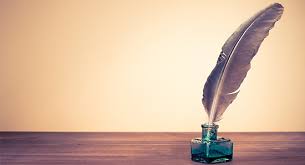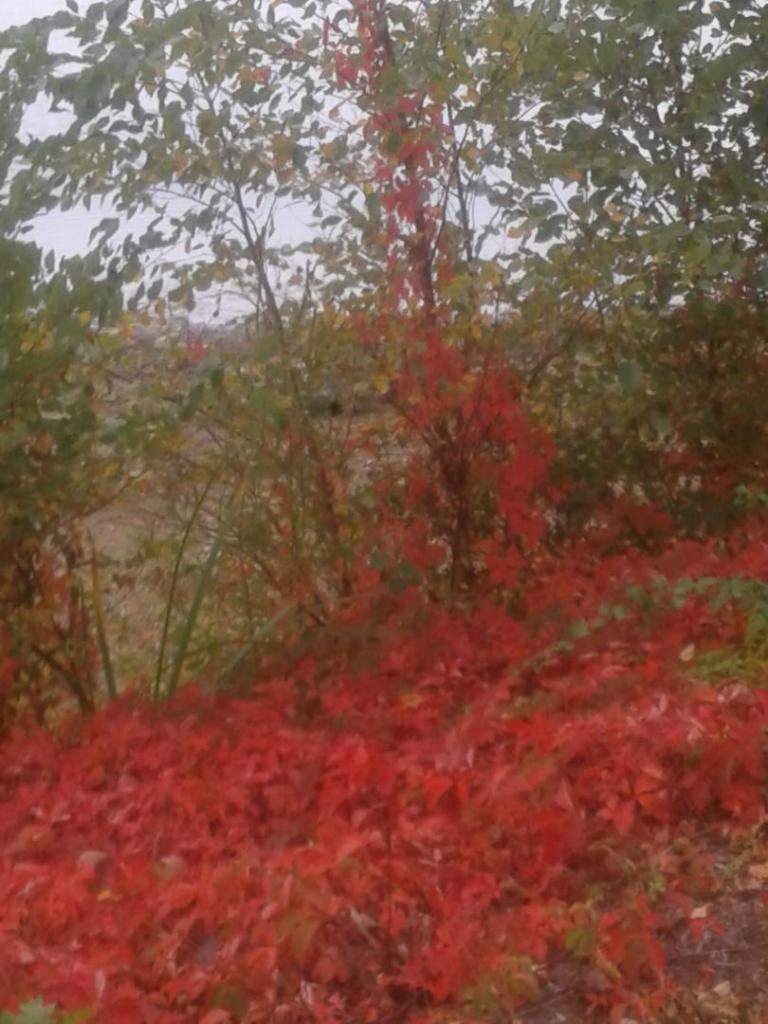
Kintsugi is a Japanese art that shows that broken things are whole, and whole things are broken. When repairing pottery, artists seal the cracks with lacquer laced with precious metal, creating lines of silver and gold in the piece. As the Wikipedia entry puts it, Kintsugi “treats breakage and repair as part of the history of an object, rather than something to disguise.”
I find the endings of flowers so rich in form, shape, color, and beauty. They sometimes make the best “headshots” because they have the most expressive faces. As with Kintsugi, these roses from the Kelleher Rose Garden, in the Fens in Boston, MA, show off golden lines inside destruction.
If you want to sing some Leonard Cohen right now, please go ahead.
If these were characters in a play, they would be profoundly alive in their quiet acceptance that loss and beauty exist together. Uncle Vanya in flower form. And that it’s all quite ordinary when we notice it.










